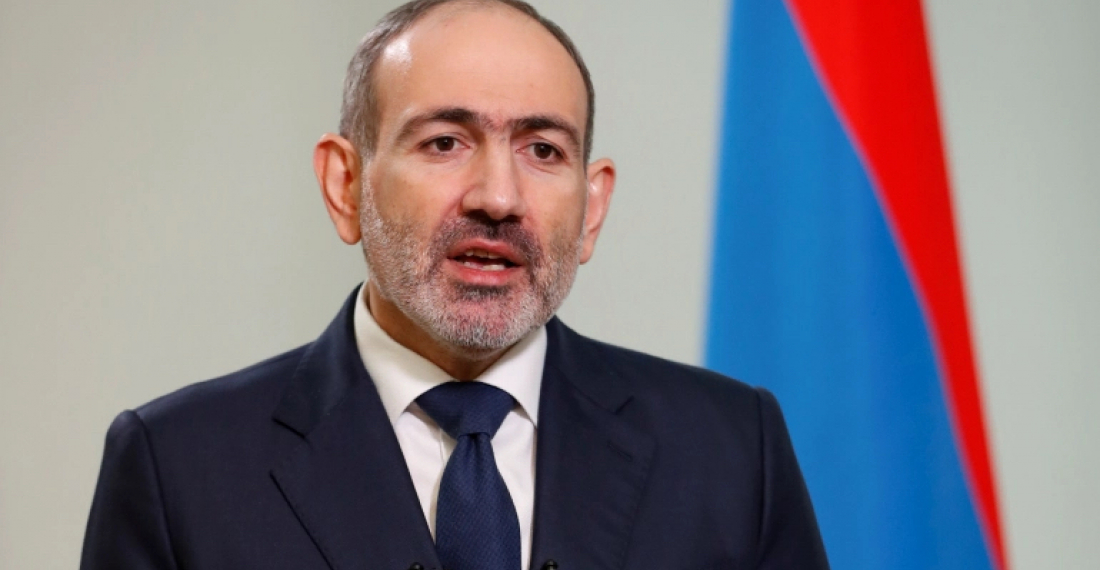Opposition forces in Armenia are maintaining pressure on prime minister Nikol Pashinyan to resign in the aftermath of the country's defeat in the recent Karabakh War.
Whilst several opposition parties have taken to the streets, the two opposition parties represented in the country's parliament are using the opportunity of a four day session which started on Tuesday (17 November) to push for the prime minister's resignation from the parliamentary tribune. A number of senior officials have also resigned or been relived of their posts, including foreign minister Zohrab Mnatsakanyan.
Pashinyan himself however appear to be defiant. Addressing MPs from his My Step party yesterday Pashinyan said that he considers the government's priority tasks was to restore security and legitimacy in the Republic of Armenia and the opportunity to hold a democratic discussion.
"Our main task is to create an opportunity for public discourse in the conditions of democracy, stability and legitimacy. "Today I do not think we have that opportunity, because we have a problem to restore security and legitimacy in the Republic of Armenia, the opportunity to hold a democratic discussion," Pashinyan said.
The Prime Minister noted that the first task of the government is to restore that opportunity, after which it will be possible to talk about other things to do.
The prime minister said he has no plans to resign and his main concern is the stability and security of the country.
"I have made it clear today that armed violence will not be an instrument of government. I call on the opposition to take the same step," he told his party MPs.
However, speaking on televison last night, Armenia's president, Armen Sarkissian, whose constitutional role is largely symbolic, appeared to weigh in favour of those supporting the prime minister's resignation. He said:
"Given the current situation and the imperative to overcome it with dignity, listening to the public demand, it is obvious that in order to keep the country from shaking, early elections to the National Assembly will be inevitable.
In this context, in my opinion, the only responsible approach may be the objective assessment of its own potential by the government and the ruling political force and the presentation of a roadmap in a short period of time, which will provide a timeline for initiating relevant constitutional processes. The management will be handed over to a highly qualified National Accord government."
source: commonspace.eu with agencies







